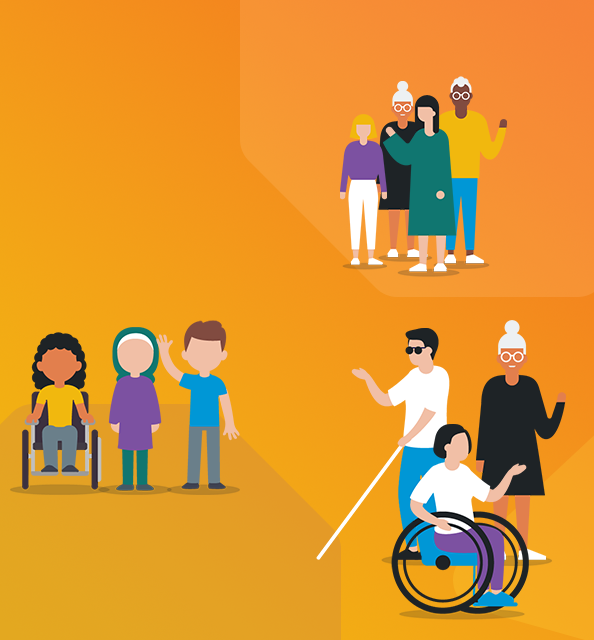Effect on children
While many are experiencing the current impact of the increased cost of living, the long-term lasting impact on the youngest of society, cannot be ignored.
There are 4.2 million children in the UK living in poverty. “This crisis means more children will be going to school hungry and going to bed cold. Children are already feeling anxious and worried because of the stress at home, and it's only going to get worse.” says Courtney Sutton, Action for Children.
According to CPAG, children living in poverty frequently report feeling excluded and embarrassed, citing it as a “key source of unhappiness.” All areas of a child’s life are adversely affected by poverty: home, school, friendships and more.
When families are struggling to make ends meet, children may experience stress, anxiety and uncertainty about their future, leading to mental health issues, depression, anxiety, and low self-esteem.
“Child poverty impacts on their ability to enjoy their childhoods and achieve their aspirations.” - CPAG
Home sweet home
As the cost-of-living increases, it becomes more difficult for people to afford homes. According to new research 72% of prospective first-time buyers have been impacted by rising mortgage rates and inflation, causing families to delay purchasing their first home.
More and more people in their 30s, 40s and 50s are turning to renting as a result with SpareRoom reporting that the number of people living in shared houses has increased by 400 percent in the last ten years.
Whilst owning a home is out of reach for many, renters too are feeling the pinch, with almost 2.5 million either behind or struggling to pay their rent (an increase of 45% since April 2022).
Confronted with very limited options to pay their rent, many families are facing the terrifying reality of no longer being able to afford their home and are at real risk of homelessness.
Having a roof over one’s head is no longer a given. New research from Shelter reveals that 271,000 people are currently recorded as homeless in England - of which includes 123,000 children.
Retirement
Unbiased revealed in a recent survey, three quarters of those aged 50 and over are worried about how the cost of living will impact their retirement, so much so, they are contemplating reversing their plans.
This is a consideration backed by the UK Government: Chancellor Jeremy Hunt recently announced a “Returnership” initiative in his 2023 Budget, specifically designed for over 50s looking to return to work.
There is a potential for conflict, however: “Both younger and older generations have prejudice against each other — older workers believe millennials are entitled and expect everything from their employer and an immediate pay-off. Younger workers believe older ones had it easy, and are incapable of adapting to new trends,” says Thomas Roulet, Financial Times.
Research has shown a multigenerational workforce is advantageous, with older people often having invaluable institutional knowledge and lived experience to pass on to younger colleagues. Younger people growing up in the digital age, have a greater exposure to digitalisation and innovation, thus more embracing of new technology and agile ways of working.



